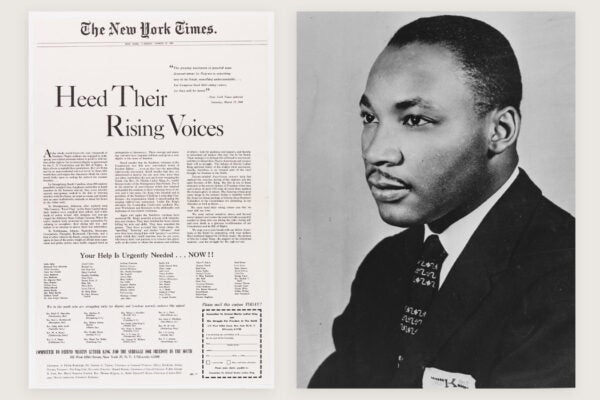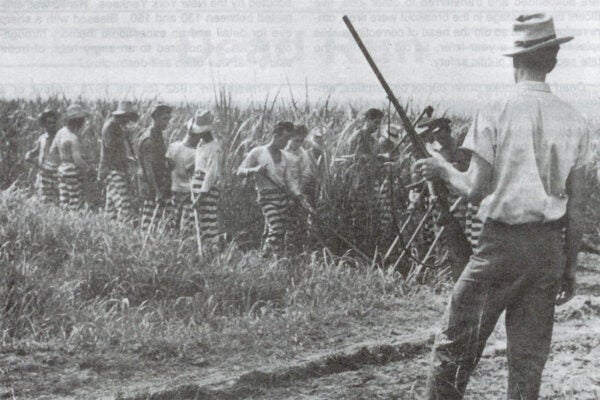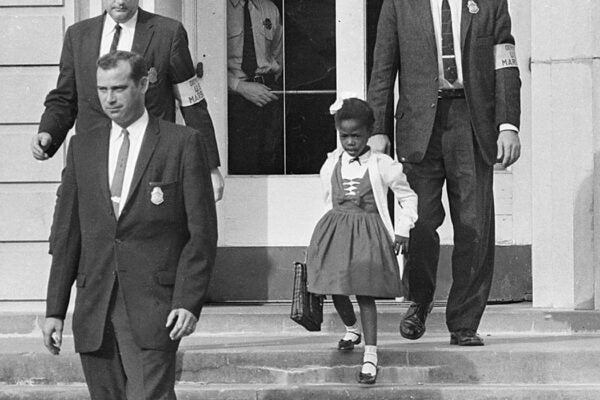The Fugitive Slave Act of 1850: Annotated
The Fugitive Slave Act erased the most basic of constitutional rights for enslaved people and incentivized US Commissioners to support kidnappers.
How Mail Delivery Has Shaped America
The United States Postal Service is under federal scrutiny. It’s not the first time.
The Power of Pamphlets in the Anti-Slavery Movement
Black-authored print was central to James G. Birney’s conversion from enslaver to abolitionist and presidential candidate.
“Heed Their Rising Voices”: Annotated
In 1960, an ad placed in the New York Times to defend Dr. Martin Luther King, Jr. and other civil rights activists touched off a landmark libel suit.
Slavery and the Modern-Day Prison Plantation
“Except as punishment for a crime,” reads the constitutional exception to abolition. In prison plantations across the United States, slavery thrives.
Sport in America: A Reading List
Covering the colonial era to the present, this annotated bibliography demonstrates the topical and methodological diversity of sport studies in the United States.
“What to the Slave is The Fourth of July?”: Annotated
On July 5, 1852, Frederick Douglass gave a Fourth of July speech that became his most famous public oration.
Was the Conspiracy That Gripped New York in 1741 Real?
Rumors that enslaved Black New Yorkers were planning a revolt spread across Manhattan even more quickly than fires for which they were being blamed.
Chainlink Chronicle: Celebrating Black History in Louisiana
An exploration of one prison newspaper’s commitment to celebrating Black History with a unique focus on its home state.
Using Data to Discover and Explore the Stories of Enslaved People
Enslaved: Peoples of the Historical Slave Trade brings together datasets from multiple sources in a single free website that anyone can use.









